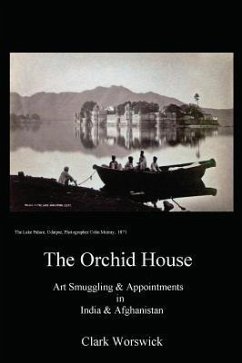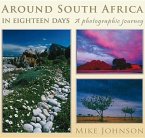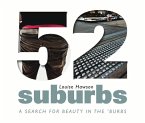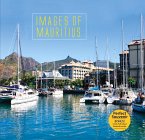During the 1960s, India came into its own as . . . the place to be. In Istanbul, Tehran, and Kabul, the fabulous freaks gathered for their final push to India. Once there, a whole new world awaited . . . Like the subject of Downton Abbey this book is also a journey into a life and British Empire that has vanished. It was a period of 564 Indian princes, of gigantic palaces, of British armies and native kingdoms, set in a landscape that has disappeared along with a vanished epoch, now inhabited by ghosts. In India, for ten dollars you could live perfectly well for a month. In India dope was even cheaper than food. In India in 1968, the Beatles were meditating in Rishikesh. In India, hundreds of thousands of young firangi had made the long journey from Europe across the deserts of the Middle East to reach the Himalaya. In India, 36,000 miles of the cheapest third-class trains in the world carried travelers anywhere they wanted over an entire subcontinent. In India, hotels cost four cents a night. In India, you dropped out. In India, you could get lost . . .For a brief fifteen-year period (1959-1973), Far Asia was open to foreigners. The difficult three-day crossing of the Afghan Dasht-i-Margo, "the Desert of Death," would become, for those who made it, a memory of one of greatest travel epochs of the twentieth century. Now, however, these overland journeys of the 1960s are as distant from today as the travels of Marco Polo in the thirteenth century. In the twenty-first century, Far Asia has changed completely, along with whole landscapes which have been subsumed by newly created mega cities.The Orchid House: Art Smuggling and Appointments in India and Afghanistan is a rare first-hand account by one of the first
Hinweis: Dieser Artikel kann nur an eine deutsche Lieferadresse ausgeliefert werden.
Hinweis: Dieser Artikel kann nur an eine deutsche Lieferadresse ausgeliefert werden.








